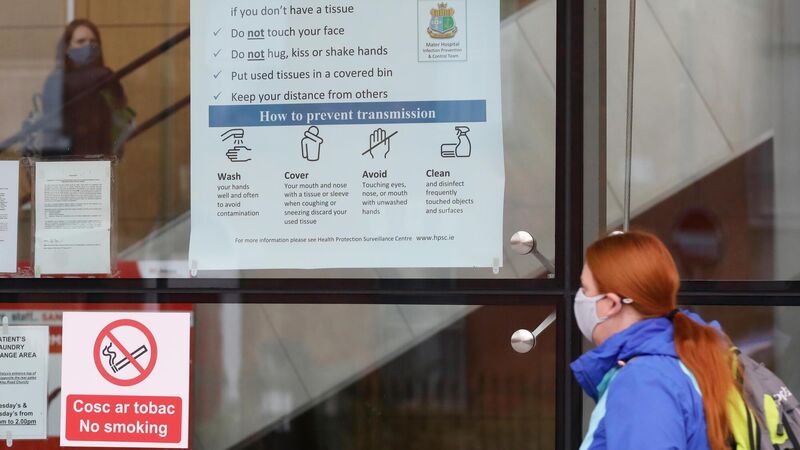Oliver Mangan: Not the time for governments to pare back Covid-19 economic supports

There is every chance of a sustained and robust recovery taking hold during 2021 and into 2022, given the likely arrival of a vaccine. File photo: Leah Farrell / RollingNews.ie
The number of new coronavirus cases has increased in recent weeks in many countries, posing a growing threat to the economic recovery.
Governments, particularly in Europe, are responding by introducing partial lockdowns and increased restrictions.














